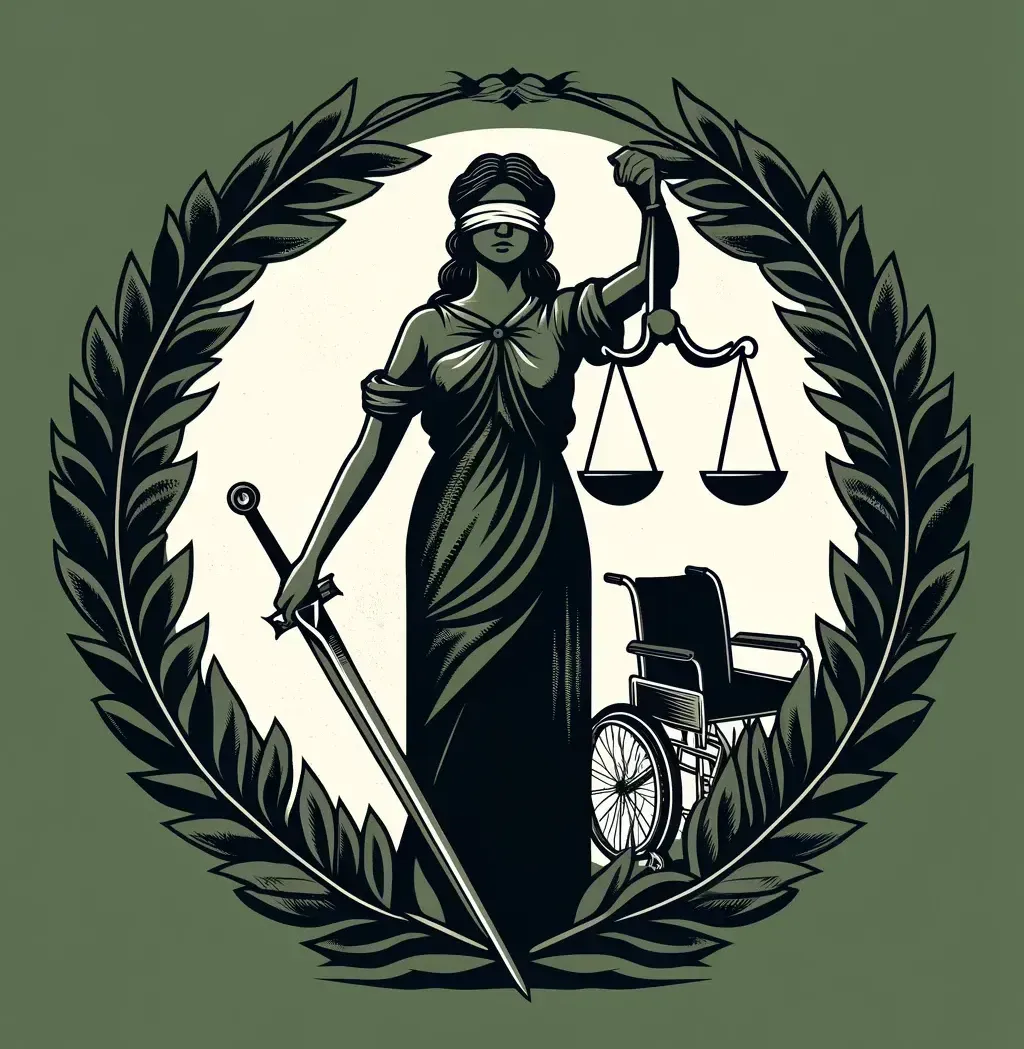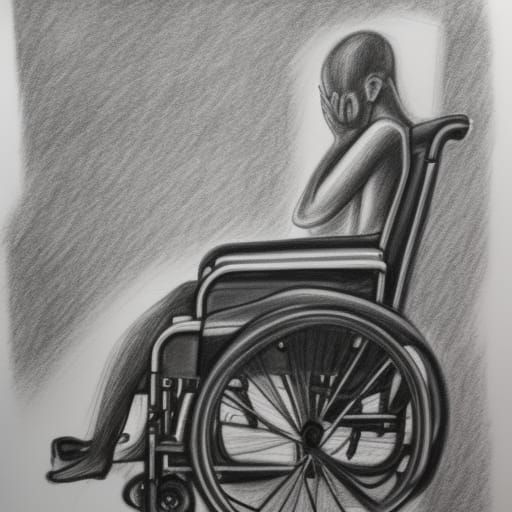Unemployment Benefits and Social Security Disability Benefits: What You Need to Know
While receiving unemployment benefits may not automatically disqualify you from receiving disability benefits, it can potentially affect your claim
Applying for Social Security Disability and Unemployment Benefits
Applying for Social Security Disability benefits can take a long time and be challenging. If you also file for unemployment benefits, it can make things more complicated. While getting unemployment benefits doesn't automatically stop you from getting disability benefits, it can affect how your application is viewed. It's important to know how these programs interact and what you can do to increase your chances of success.
How Unemployment Benefits Affect Your Credibility
- Social Security Review: When you apply for Social Security Disability benefits, the Social Security Administration (SSA) looks at your medical records and other evidence to see if you are eligible. A key factor is your ability to work.
- Unemployment Benefits: If you recently filed for unemployment benefits, the SSA might think you are able to work. This can hurt your chances of being approved for disability benefits.
- Georgia Requirements: To get unemployment in Georgia, you must meet three requirements:
- Earned enough money in the base period to set up a claim.
- Be unemployed through no fault of your own.
- Be able to work, be available for work, and actively seek work each week you claim benefits (https://dol.georgia.gov/faqs-individuals/individuals-faqs-unemployment-insurance).
When you file a disability claim, you are saying you can't work full time because of your impairments. Applying for both benefits can be contradictory. However, if you show that your impairment stopped you from continuing your job search, it can help your disability claim.
Navigating the Situation
If you have filed for both unemployment and disability benefits, here are steps to help you succeed:
- Be Honest and Transparent: When applying for disability benefits, be honest about your work history, including any unemployment benefits you've received. This helps build credibility and avoids misunderstandings.
- Emphasize Your Impairment: Explain to the SSA how severe your impairment is and how it affects your ability to work. Provide specific examples and details about how it impacts your daily life and work-related activities.
- Focus on Medical Evidence: Provide as much medical evidence as possible, including medical records, tests, and statements from doctors.
- Consult an Attorney: If you're worried about how unemployment benefits affect your disability claim, consider consulting a Social Security Disability attorney. They can guide you through the process and help build a strong case.
Conclusion
Understanding how unemployment and disability benefits interact is key to maximizing your chances of success. Filing for unemployment benefits might raise questions about your ability to work, but you can still receive disability benefits if you show that your impairment prevents you from working. Be honest, emphasize the severity of your impairment, and focus on medical evidence to build a strong case.
At Di Lorenzo and Wilcox, we know the challenges of applying for disability benefits. Our team has lots of experience helping clients navigate the Social Security Disability system. If you're in Southeast Georgia and need help with your disability claim, contact us for a consultation.











